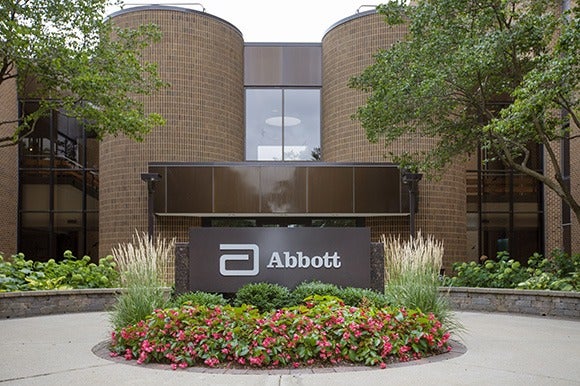
Abbott announced that the Leadless II IDE study of its investigational Aveir leadless pacemaker in patients with certain abnormal heart rhythms has met its primary endpoints.
The clinical trial data suggests that the device could offer new benefits for patients who require the use of a pacemaker to treat slow heart rhythms, once approved.
In the Leadless II trial, 200 patients enrolled in 43 centres in the US, Canada and Europe were analysed for the primary safety and efficacy endpoints.
The analysis showed that 96% of patients met the safety endpoint of no serious adverse device effects at six weeks, and 95.9% met the efficacy endpoint of acceptable therapy.
Also, the pacemaker was implanted successfully in 98% of patients, accurately positioned either the first time or with a single repositioning in 96% of clinical cases.
Abbott has submitted data from the study to the US Food & Drug Administration (FDA) seeking regulatory approval of the Aveir leadless pacemaker in the US.
Abbott cardiac rhythm management senior vice president Randel Woodgrift said: “As we developed the Aveir leadless pacemaker platform, our fundamental guiding principle was to design a device with extended battery life that could be retrievable, expandable to incorporate future innovation and provide improved patient outcomes with a minimally-invasive implant procedure.
“The results of the Leadless II study are a strong indicator that once the device is approved, the Aveir system can help physicians manage the care of patients with certain abnormal heart rhythms.”
Leadless II is a non-randomised, multicentre IDE study designed to evaluate the clinical safety and efficacy of the Aveir leadless pacemaker.
The pacemaker is indicated for patients with VVI(R), or ventricular demand pacing, pacemaker, which stimulates the heart only if the heart rate falls below a set level.
Abbott noted that its Aveir pacemaker system is not yet commercially available, and the device design specifications may change depending on regulatory review.
The company claims that its Aveir system is the world’s only leadless pacemaker designed to be retrieved when the device needs to be replaced.
Mount Sinai Hospital cardiac arrhythmia services director Vivek Reddy said: “The new Aveir pacing system holds the potential to help us advance treatment for patients who need a pacemaker but where physicians are concerned about more invasive surgery or in circumstances where we believe a patient’s therapy needs may change in the future and where retrievability will be a critical device feature.”






